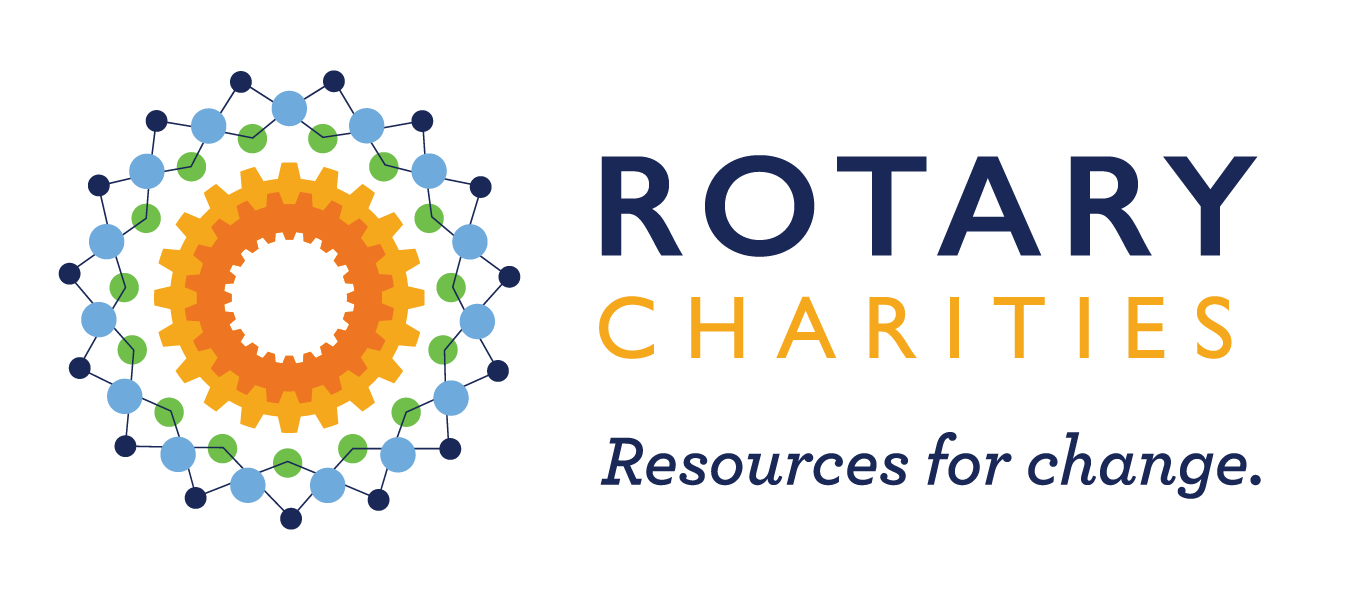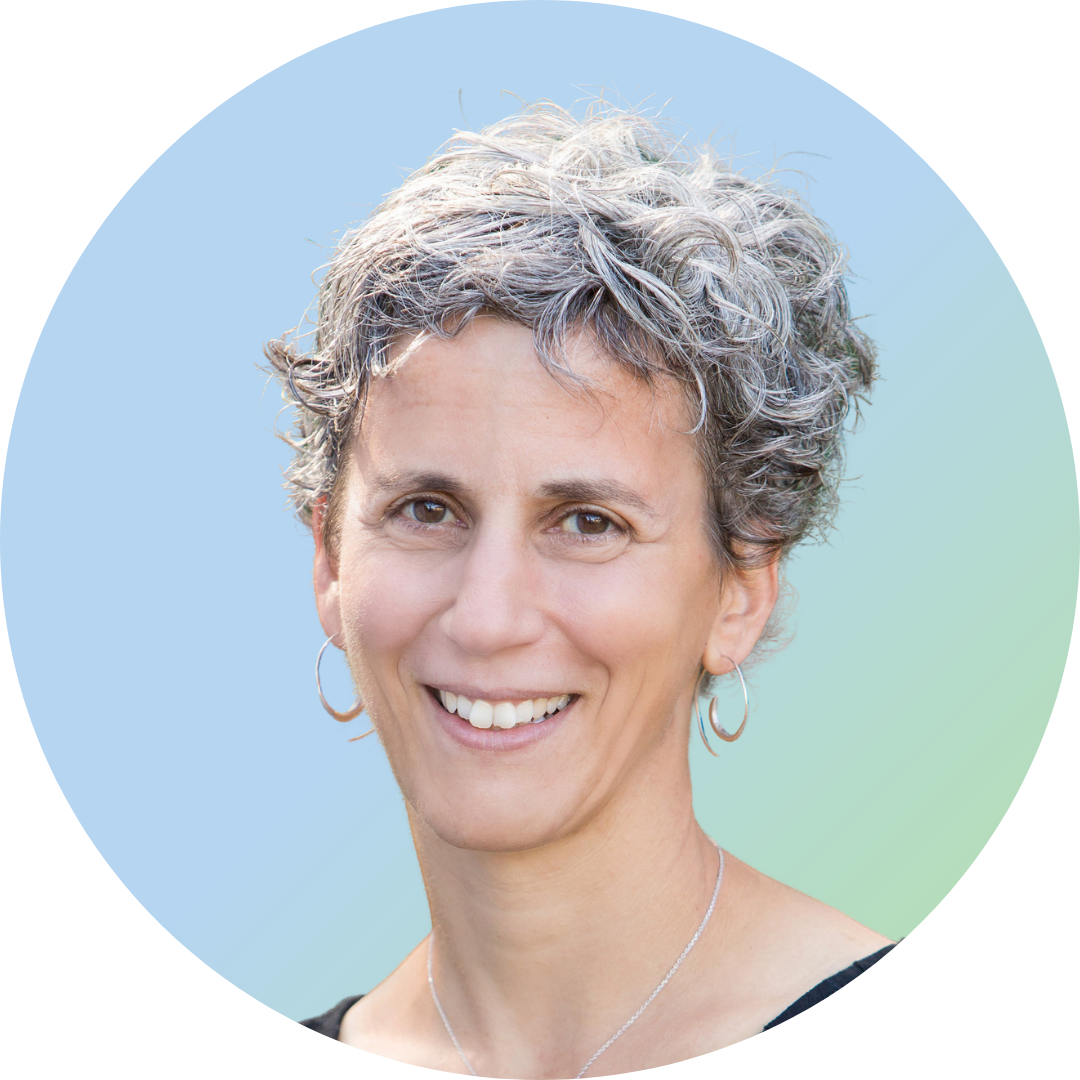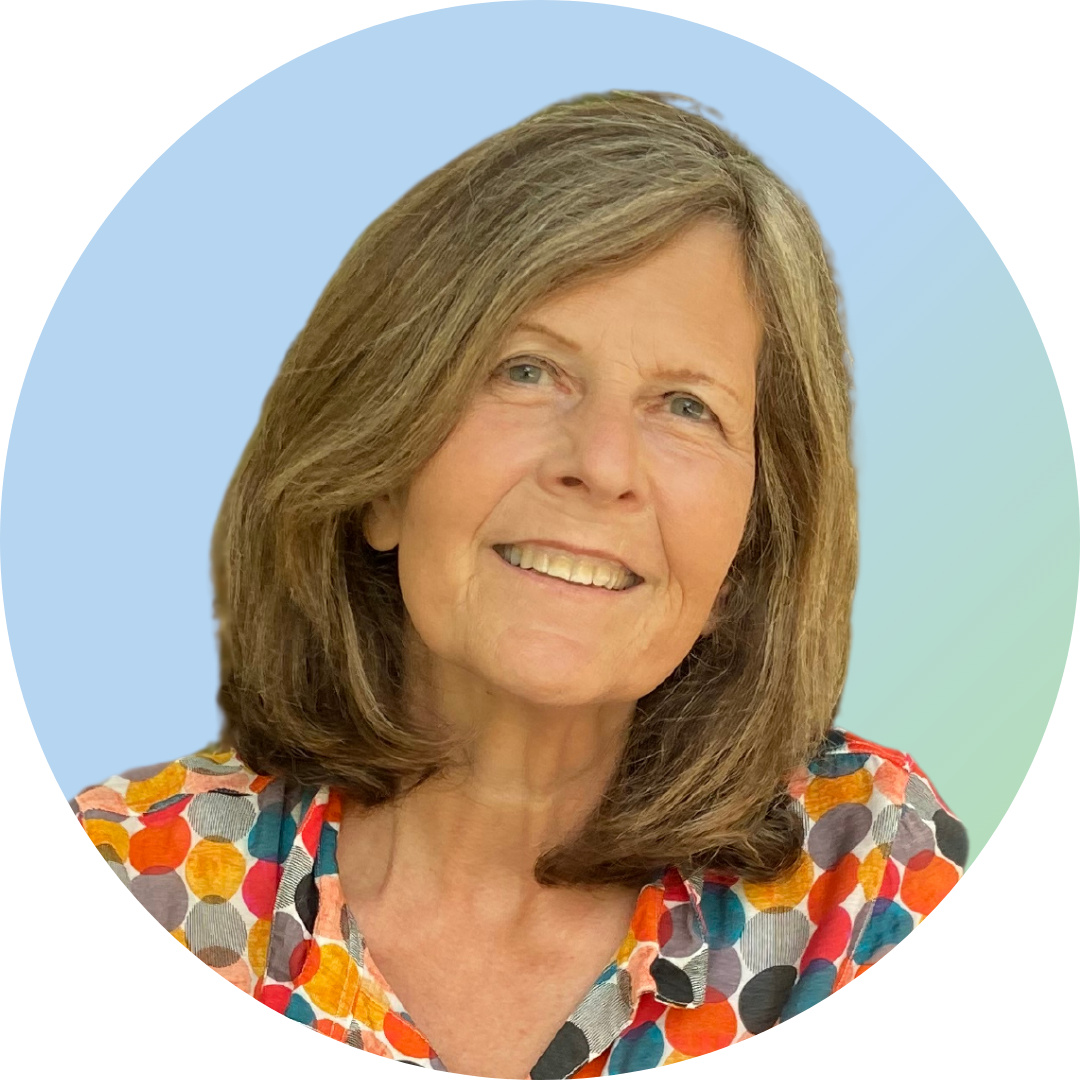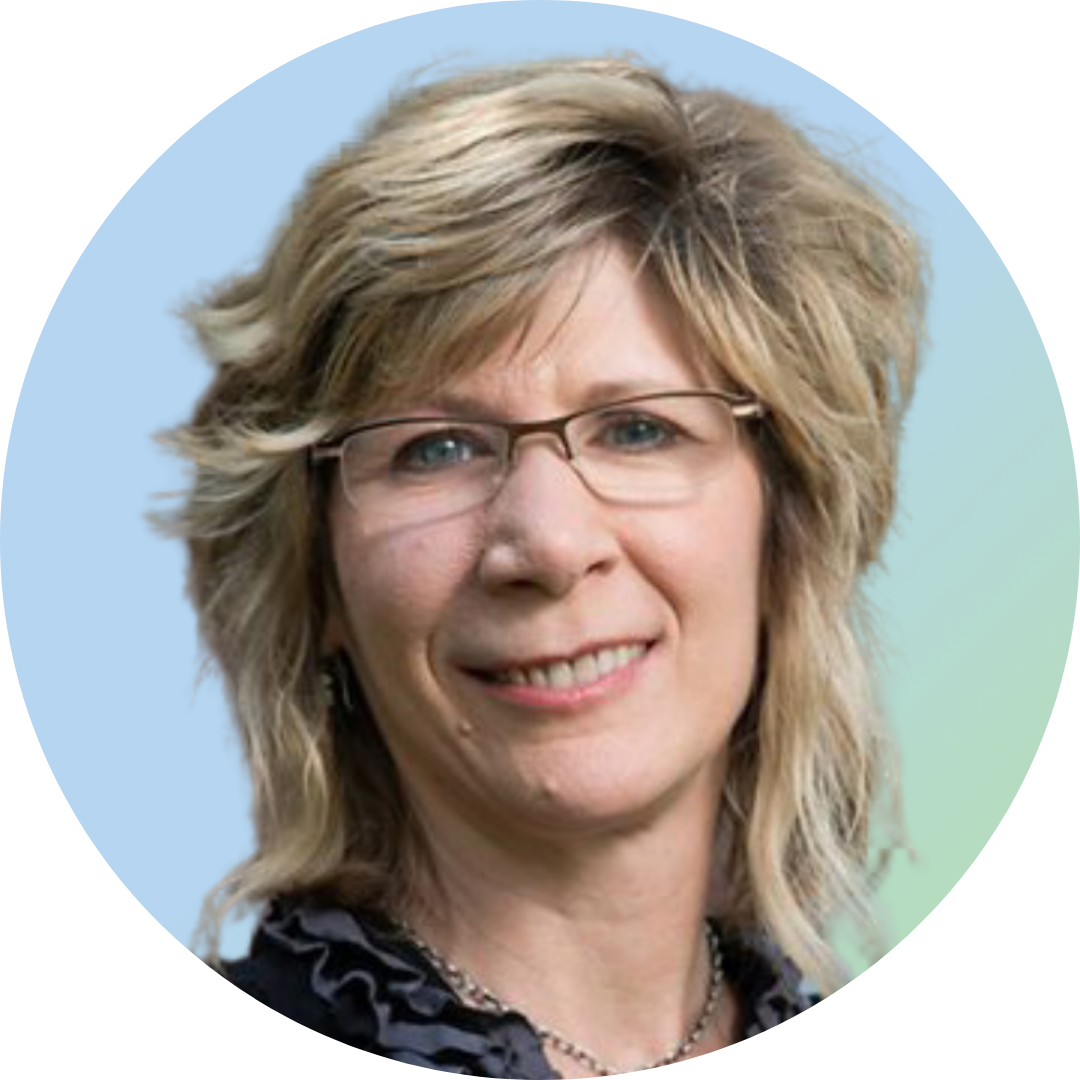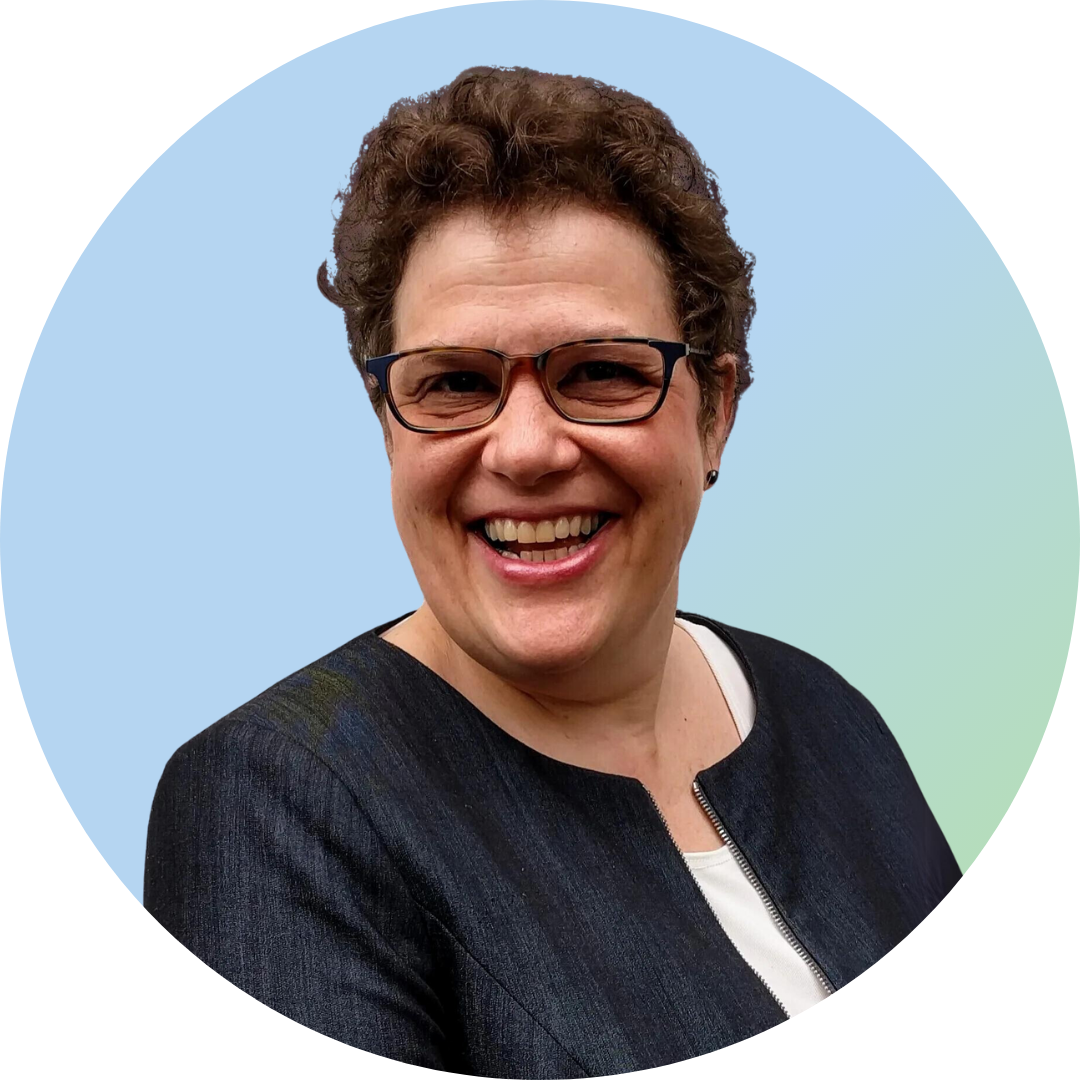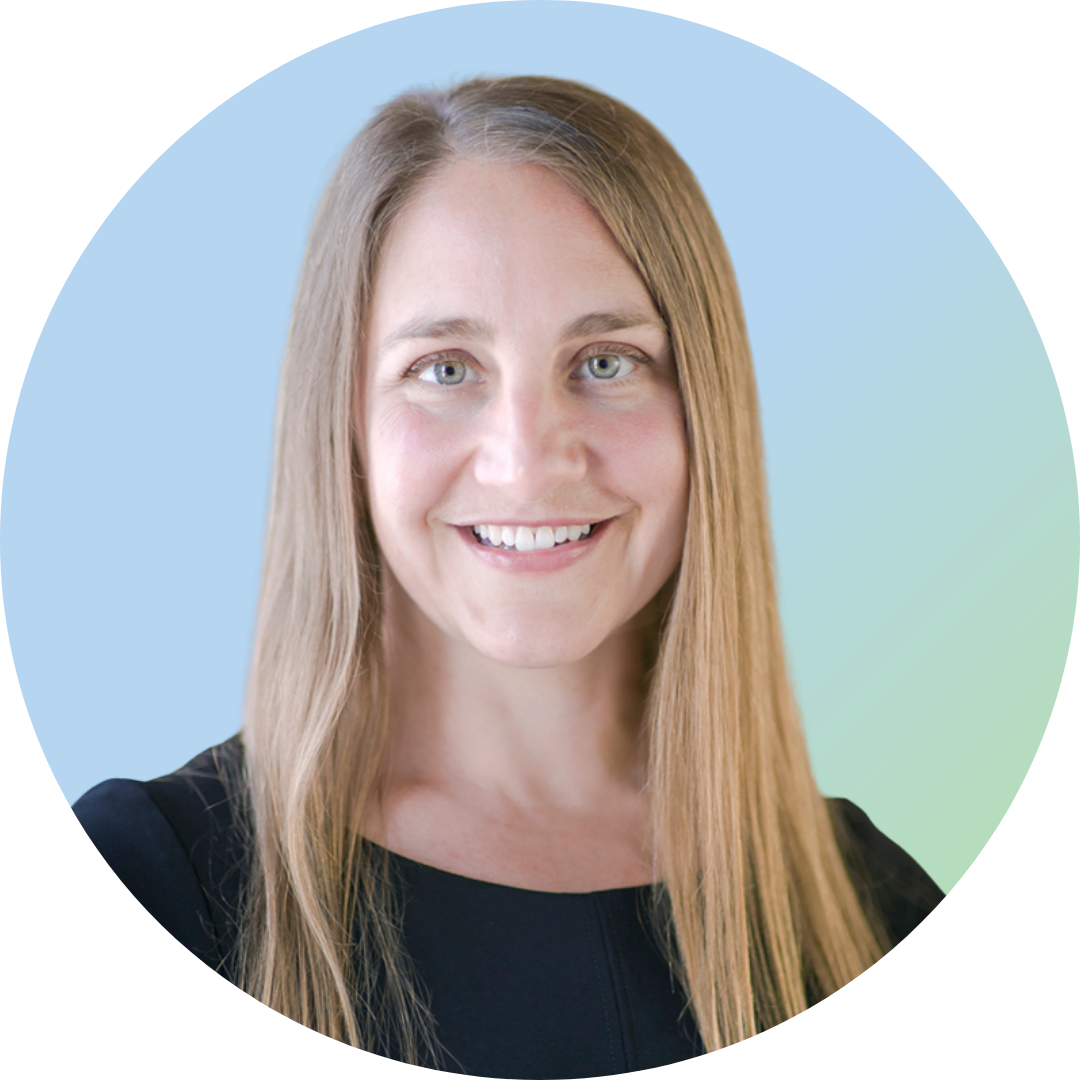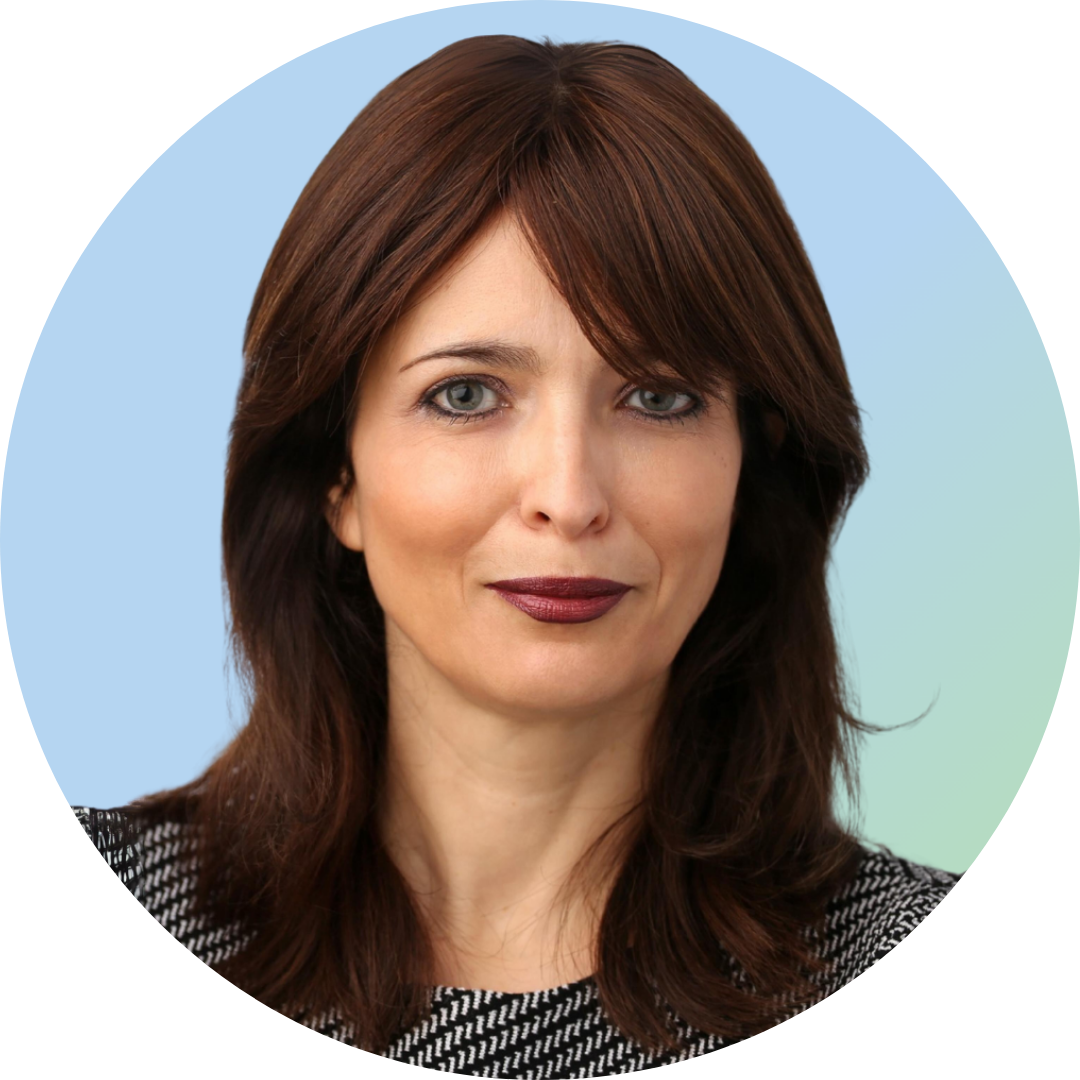Megan Motil, Parallel Solutions
Areas of systems change coaching:
Governance, Strategy & Planning, Process design & Facilitation, Communication & Engagement
What are you working on right now to help make systems work better for all?
This year, my systems-rooted services included consultative support for the Boardman-Ottaway River Network Collaborative, the Healthier Drinking Culture project, the Three Mile Trail, the Northwest Food Coalition, and the Water First Collaborative. I also guided half a dozen strategic plans and supported some clients’ leadership and governance transitions. I don’t call a lot of the work I do “systems” work, and, typically, neither do my clients. They say, “How do we connect with community members in meaningful ways and include diverse voices and perspectives?” Or “How do we manage tension or conflict and build trust among partners?” Or “We trust each other, and we’ve assessed resources and brainstormed ideas, now how do we evaluate and prioritize options?” Or “How do we clarify roles, make decisions, and hold each other accountable?” Some of the work I do is very public, and some is behind the scenes. Systems work happens in both settings.
What is your coaching style? How do you hope people feel when they are working with you?
Leaning into and leading any change process is hard, even when it’s a path we’re choosing. In a coaching relationship with a client, I hope they feel supported, seen, heard, valued, and understood. When they leave a session, I hope they feel they’ve gained clarity about their direction, contemplated something new, or received guidance about an approach, tool, practice, or resource in support of the next intentional steps they feel ready to take. Folks who work with me longer-term can also expect to receive texts, voice or email support in between coaching sessions.
Who is a systems thinker that inspires you? In what way?
My earliest exposure to “systems thinking” came from reading Elinor Ostrom’s research on “governing the commons” while working on my interdisciplinary undergraduate thesis on food systems in the late 1990s. Later on, during my graduate studies in organizational management, I was introduced to Margaret Wheatley’s writing. Early in my career, when I worked in government and then as a non-profit leader, their perspectives influenced how I approached my work. Many brilliant and empathetic thinkers, writers, and leaders inspire me today. But the people who move me the most are the system thinkers who are the doers, including folks in our local community who are committed to systems work related to housing, food, health, the environment, and energy. They’re examining the interconnectedness of various inputs and outputs, looking upstream at challenges and root causes, and working together in new and deliberate ways to create solutions and change the ways they work within their organizations and within multi-stakeholder networks. This type of collaboration takes a commitment to evolving and to sharing power and control, and resources. There’s always resistance and a temptation to revert to what’s safe and familiar, and to be influenced by what gets rewarded and incentivized within our organization, business, or society’s dominant or habitual framework. So, what these folks are practicing takes courage, determination, and tolerance for risk and failure.
What is your advice to those thinking of starting a systems change approach?
Anyone who has ever worked on a group project knows collaboration is complex, even when it’s an approach we’re choosing to embrace. If you are motivated to address complex community issues like housing, food security, transportation, energy, ecology, and health, I will encourage you to take the leap. Systems change is grounded in relationships, shared learning, and trust. It works when people are motivated to participate wholeheartedly. My advice: Lead as a host, not a hero. Stay curious. Practice patience. Clarify communication, roles, and decision-making expectations. Establish a feedback process and stay accountable to each other. Try something. Learn and adjust, and keep moving, together. Give the process time. And if you feel stuck, ask for help.


